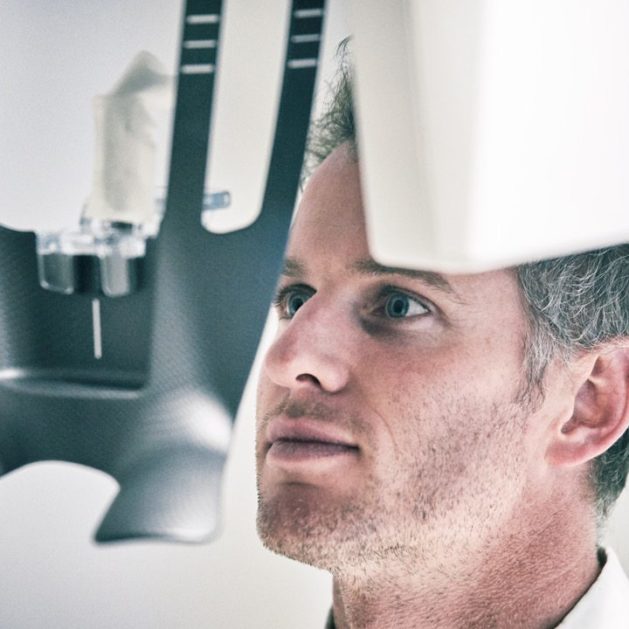We’re seeing a clear need among practice owners to accept that taboo feelings of stress, isolation and self-doubt — and much darker moods — are really very normal. There’s a need to acknowledge these emotions when they arise because then they can be dealt with before they cause any damage.
Plenty of research and anecdotal evidence suggests that the effects of trauma and pain are ameliorated when we share our troubles, but that’s the one thing leaders don’t do. This is how it goes:
- you act “strong” when you don’t feel it and experience psychic tension
- this increases your brittleness for years until an incident triggers breakdown
and/or
- while short bursts of stress (eustress) are functional, your long term stress (distress) is toxic
- your cognitive function deteriorates, work becomes overwhelming and you suffer a breakdown
There are some specific minefields too. Forbes interviewed psychologists who treat high-functioning leaders and found these:
- you measure your self-worth against the competition, which is exhausting
- working too much disconnects you from your family
- success changes your lifestyle suddenly in ways that don’t suit you
- when you see lean years it’s overwhelming if it’s the first time
- if you reach your objective but feel empty, depression sets in
There is another obvious one Forbes forgot:
- you feel unable to show vulnerability and ask for help
But Forbes also found leaders can make stunning recoveries from depression by mobilising their formidable skills. These include:
- goal setting
- using courage to explore your past and figure yourself out
- developing a meta-awareness of any situation using intelligence and intuition
- learning what works for you, and the right dose (eg a weekly walk or daily yoga)
Research has found that leaders are depressed at double the rate of the general public and:
- nearly half entrepreneurs experience mental health issues
- high IQ predicts a hyperactive central nervous system and mental illness
But even if you feel fine, many people have argued that self-awareness is fundamental to effective leadership, and plenty of research shows that we tend to over-estimate our self-awareness.
Self-awareness is ultimately the key to the good life. In fact, mental wellbeing and leadership are both about introspection, self-knowledge, self-care, and keeping your own counsel. There are many ways to develop these skills.
Here are some ideas:
- meditation
- journaling
- psychotherapy or group therapy (you don’t need to be “ill” to benefit from these)
- finding time for regular reflection (free from any tasks)
But these are only offers. There is no one-size-fits-all solution to mental health or leadership troubles and for your healing to mean anything to you, it has to come from you. We can help facilitate your journey in a person-centred way — if you need us, just get in touch.
Zac

